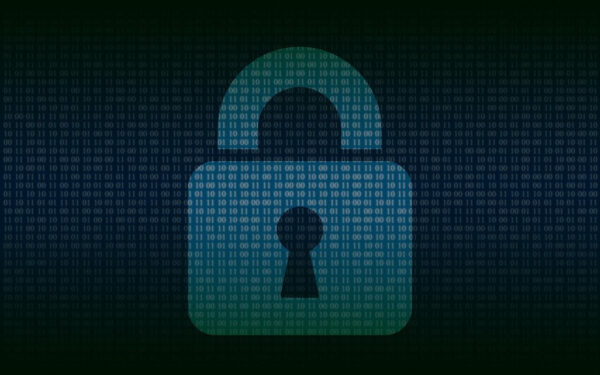In an era where our lives are increasingly intertwined with the digital realm, ensuring the privacy and security of our online activities has become more critical than ever. Cyber threats and data breaches loom large, making it imperative for individuals and organizations to adopt best practices for enhancing network privacy.
In this comprehensive guide, we will delve into the intricacies of network privacy, offering valuable insights, expert advice, and actionable tips to help you navigate the digital landscape securely.
Understanding Network Privacy

Network privacy refers to the protection of personal and sensitive information while using digital networks, such as the internet. It encompasses measures aimed at preventing unauthorized access, data breaches, and the tracking of online activities.
Here, we explore the essential aspects of enhancing network privacy:
The Importance of Network Privacy
In today’s interconnected world, our online presence leaves digital footprints. Malicious actors, hackers, and even some legitimate entities may seek to exploit these footprints for various purposes, including identity theft, fraud, and targeted advertising.
Enhancing network privacy is crucial to safeguard your personal information and maintain control over your online identity.
Threats to Network Privacy
Understanding the threats is the first step towards effective protection. Threats to network privacy include:
- Data Breaches: Incidents where sensitive data is accessed or stolen by unauthorized parties.
- Malware: Malicious software designed to infiltrate and compromise your devices.
- Phishing: Deceptive attempts to trick individuals into revealing sensitive information.
- Tracking: Constant monitoring of online activities, often for targeted advertising.
Best Practices for Enhancing Network Privacy
Now, let’s explore the best practices that can help you bolster your network privacy and protect your digital life:
Enhancing Network Privacy: Best Practices

1. Use a VPN (Virtual Private Network)
A VPN is an indispensable tool for maintaining anonymity online. It encrypts your internet connection, making it difficult for anyone to trace your online activities back to you. Opt for a reputable VPN service to ensure robust protection.
2. Secure Your Wi-Fi Network
Your home Wi-Fi network is your first line of defense. Use strong, unique passwords and enable WPA3 encryption to thwart unauthorized access.
3. Regularly Update Software and Devices
Keeping your operating system, apps, and devices up to date is crucial. Updates often include security patches that address vulnerabilities.
4. Enable Two-Factor Authentication (2FA)
Adding an extra layer of security, 2FA requires you to provide two forms of verification to access accounts, making it significantly harder for unauthorized individuals to breach your accounts.
5. Be Cautious with Personal Information
Refrain from sharing sensitive information online unless necessary. Be cautious about the information you provide on social media and public forums.
6. Use Secure Passwords
Create strong, unique passwords for each of your accounts. Consider using a password manager to keep track of them securely.
7. Educate Yourself and Others
Stay informed about the latest cybersecurity threats and educate your family and colleagues. Awareness is key to prevention.
8. Secure Your Smartphone
Smartphones are increasingly targeted by cybercriminals. Use secure lock screen patterns, enable remote tracking and wiping, and install security apps.
FAQs
A VPN, or Virtual Private Network, encrypts your internet connection, making it nearly impossible for anyone to track your online activities. It masks your IP address and provides a secure tunnel for your data to pass through, enhancing network privacy significantly.
Creating strong passwords involves using a combination of uppercase and lowercase letters, numbers, and special characters. It’s advisable to use a password manager to generate and store these complex passwords securely.
While it’s not mandatory, enabling 2FA for your online accounts adds an extra layer of security. It’s particularly advisable for accounts containing sensitive information, such as email, banking, and social media accounts.
If you suspect that your personal information has been compromised, act swiftly. Change your passwords, notify your financial institutions, and monitor your accounts for suspicious activity. It’s also advisable to report the incident to relevant authorities.
While there are free VPN services available, it’s essential to exercise caution. Many free VPNs may compromise your privacy by logging your data or displaying intrusive ads. Opting for a reputable paid VPN service is generally a safer choice.
Regularly updating your devices and software is crucial. Set up automatic updates if available, and check for updates at least once a month. Updates often contain essential security patches that protect against emerging threats.
Conclusion
Enhancing network privacy is a continuous journey in our ever-evolving digital landscape. By implementing the best practices outlined in this guide, you can take proactive steps to protect your online identity and data.
Stay vigilant, stay informed, and remember that your network privacy is in your hands.